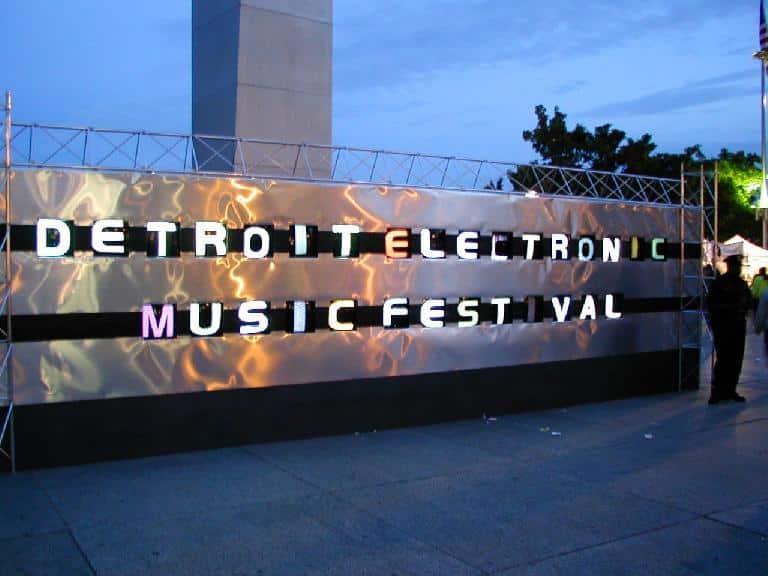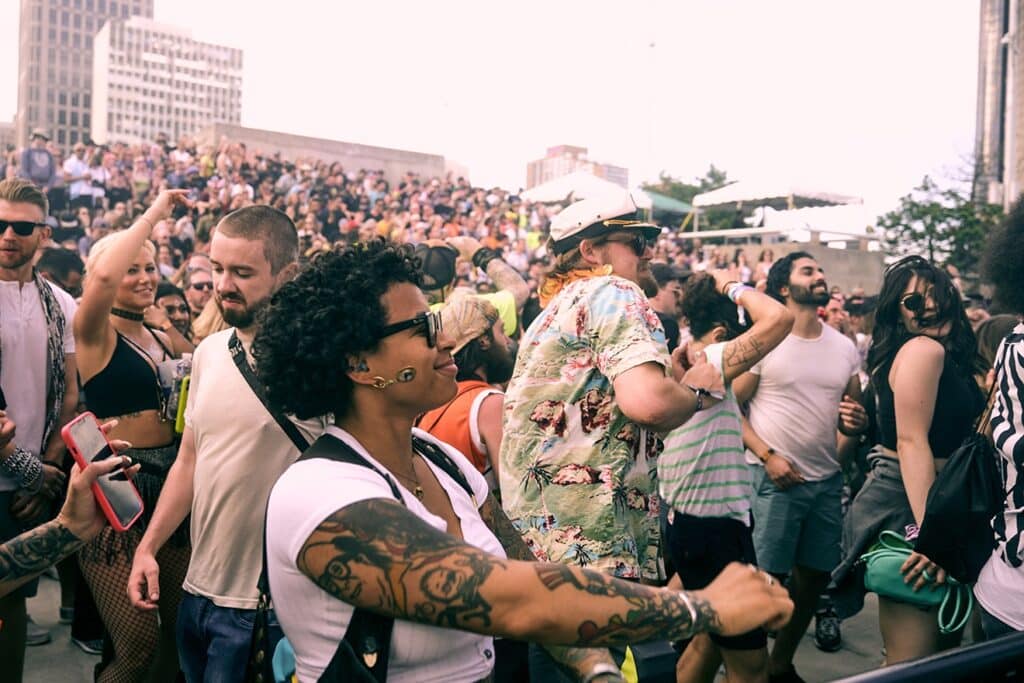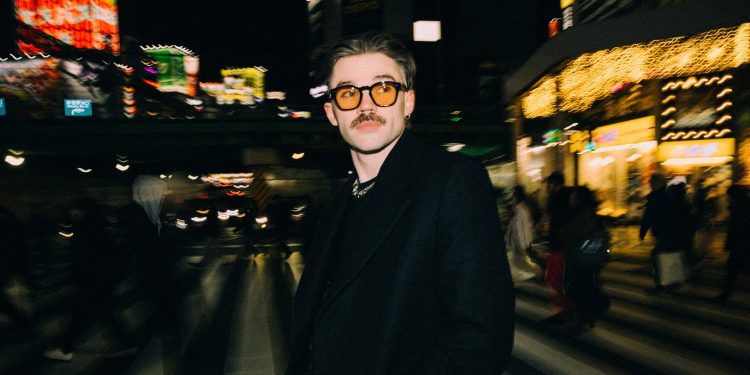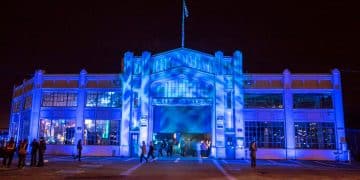Take a walk down memory lane as we look back on the history of the techno pilgrimage known as Movement Detroit.
Do you feel that? The concrete pulses beneath your feet. The humming from 808s and 909s penetrates your ears. The air is ripe with devotion — thick enough to wring from the clouds and drink like wine.
That’s the sound of the techno brethren making their way to Hart Plaza in Detroit for Movement Detroit, held annually on Memorial Day Weekend — this year, on May 24-26.
Movement is celebrating its 25th edition at Hart Plaza this year. The festival has seen many ups and downs over the years, but they’ve always managed to put a smile on for the techno kids.
Detroit has always understood the techno assignment. As the birthplace of the genre, its inhabitants know they have a duty to keep the show on the road. Rain or shine, the show has (and will) always go on. To honor their devotion, let’s look at the history of Movement through the years.
Detroit Electronic Music Festival
The first iteration of the festival was held in 2000, and it was originally called Detroit Electronic Music Festival. It was produced by Carol Marvin and her company, Pop Culture Media, with artistic direction and music curation provided by Detroit techno figurehead Carl Craig. The lineup featured local underground house and techno artists, with a dash of hip-hop showcased as well.
DEMF was the first major electronic music festival in the US. It was also one of the largest in the world at the time. It was a big deal. And it was free.
For its debut, the event allegedly pulled in roughly a million visitors. Keep in mind this was pre-smartphone, pre-social media, and before widespread rave culture. The fact that the festival got the word out to a million people alone is highly impressive.
The following year is when things start to get a bit shaky. Carol Marvin fired Carl Craig (via fax, two weeks before the festival), and the techno community was not having it. Despite the chaos, Craig stayed on to see the festival through.
Additionally, from 2001 to 2002, Ford Motor Company sponsored DEMF, with the event temporarily adopting the name “Focus Detroit Electronic Music Festival.” Ford’s partnership with DEMF allowed the festival to remain free-of-charge, which Ford took to calling “a gift to fans and the city.”

Third Time’s the Charm for DEMF — er, Movement?
On the third event, he had risen… His name? Movement.
In 2003, DEMF was produced by techno founding father Derrick May, and he renamed it “Movement.” To the public, the festival was thriving. Behind the scenes, a very different story was unfolding. The city pulled $350,000 worth of funding prior to the event, and they suffered severe financial losses following it. By 2004, Movement was in a dire financial crisis.
The techno holy land was close to flatlining, but in true Detroit fashion, they weren’t going down without a fight.
In 2005, Derrick May stepped down as producer. He passed the torch to fellow Belleville Three member Kevin Saunderson, launching the festival into an entirely new era.
One Ticket to Fuse-In: Detroit’s Electronic Movement, Please!
There were quite a few changes to the festival in 2005. Movement became Fuse-In, and it was no longer sustainable for the event to be free. In response to the do-or-die financial circumstances, this would be the first year the techno gathering became a ticketed event. Kevin Saunderson also managed to negotiate a deal with the city of Detroit to recoup losses, and the city would take 30% of the festival profit.
The Hail Mary deal with the city meant it was only valid if the festival profited that year. If there was no profit, there would be no deal and no financial recovery. In true Fuse-In/Movement fashion, that’s precisely what happened.
Fuse-In was in purgatory. They weren’t quite dead, but to call them “alive” would certainly be a stretch. The festival needed a hero. A hometown hero, to be exact…

Movement Comes Home to Paxahau
Enter Paxahau.
The Detroit-based event production company took the festival’s reins in 2006. They resurrected the Movement moniker, swaddled the Detroit techno community in a blanket, and carried the city to fertile festival lands in their warm, event-experienced arms.
Since Paxahau’s adoption, Movement’s had pretty smooth sailing for the most part. There have been a few things out of their control (issues with Ricardo Villalobos’s visa in 2011, pandemic-related reschedules in 2020, severe weather in 2024, etc.). Overall, the festival continues to be one of the most respected electronic music gatherings in the world.
For the 2025 edition, the “techno pilgrimage,” as it’s so lovingly referred to, will host a slew of electro pioneers, including Stacey Hotwaxx Hale, DJ Godfather, and DJ Minx, with much-anticipated performances from Ricardo Villalobos and Jeff Mills.
To appreciate the present, we have to understand the past. Movement Festival, we thank you for your techno service.








